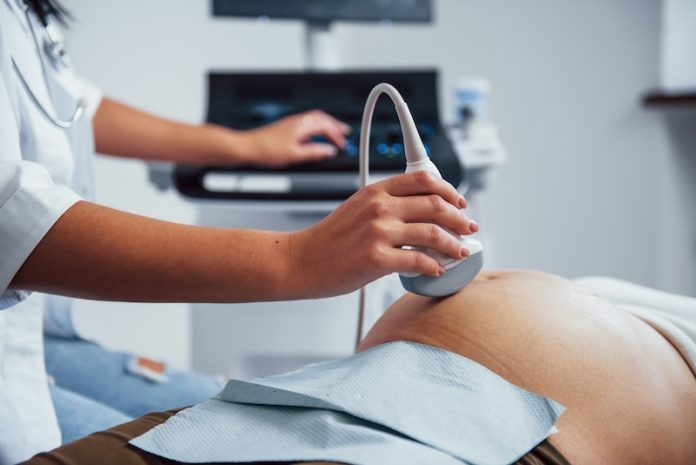
When it comes to aging and staying healthy later in life, the timing of puberty and childbirth matters more than you might think.
A new study from Buck Institute researchers shows that girls who start their periods before age 11 or women who have their first child before age 21 are at much greater risk for health problems as they age.
These women are twice as likely to develop type 2 diabetes, heart failure, and obesity, and four times more likely to suffer from serious metabolic disorders.
On the flip side, women who go through puberty or have children later in life tend to live longer, have lower levels of frailty, age more slowly on a biological level, and face a lower risk of age-related illnesses like Alzheimer’s and diabetes.
Dr. Pankaj Kapahi, a professor at the Buck Institute and the study’s senior author, says this information has important implications for healthcare.
Even though doctors often ask women about their menstrual and childbirth history, this information hasn’t really been used to guide care beyond pregnancy-related visits. According to Kapahi, these early reproductive events clearly affect long-term health and should be factored into overall medical decisions.
The research team analyzed data from nearly 200,000 women in the UK Biobank, making it one of the most detailed studies of its kind. They identified 126 genetic markers linked to early puberty and childbirth that also impact aging.
These markers are involved in important biological pathways that regulate growth and metabolism—like IGF-1, growth hormone, AMPK, and mTOR signaling.
This research also supports a well-known aging theory called “antagonistic pleiotropy.” The idea is that some traits that help us survive and reproduce when we’re young can hurt us later in life.
Kapahi says this study offers some of the strongest proof of that theory in humans. Genetic traits that push women to reproduce early may help the species survive, but they can come at a big cost to the mother’s long-term health.
One major part of this story is Body Mass Index, or BMI. The researchers found that early puberty and childbirth tend to increase BMI, which then raises the risk of diseases like obesity and diabetes.
This makes sense from an evolutionary point of view—having a body that stores more nutrients helps support pregnancy and nursing. But in today’s world, where food is abundant, this can lead to problems.
Kapahi says this knowledge could lead to personalized healthcare plans that include lifestyle changes, early health screenings, and special diet recommendations to reduce risks in women who experience early puberty or childbirth.
This is especially important now, as studies show girls in the U.S. are starting their periods about three months earlier every decade since the 1970s. The exact cause isn’t known, but rising obesity rates may be part of the reason.
The study also calls attention to how health research is done. Many studies still use female mice that have never been pregnant, which might not represent how aging actually works in women who have had children.
Kapahi says understanding the link between reproductive timing and aging could help us improve health for both mothers and their children. While we can’t change our genes, knowing how they affect us allows us to make smarter choices about our health, our habits, and how we get medical care.
If you care about Alzheimer’s disease, please read studies about New Alzheimer’s treatment: anti-inflammatory drug may prevent memory loss and findings of The diabetes drug surprise: a possible shield against Alzheimer’s?
For more about brain health, please read studies about Scientists find connection between fungus and Alzheimer’s disease and findings of Scientists find links between COVID-19 and Alzheimer’s disease.
The study is published in eLife.
Copyright © 2025 Knowridge Science Report. All rights reserved.



